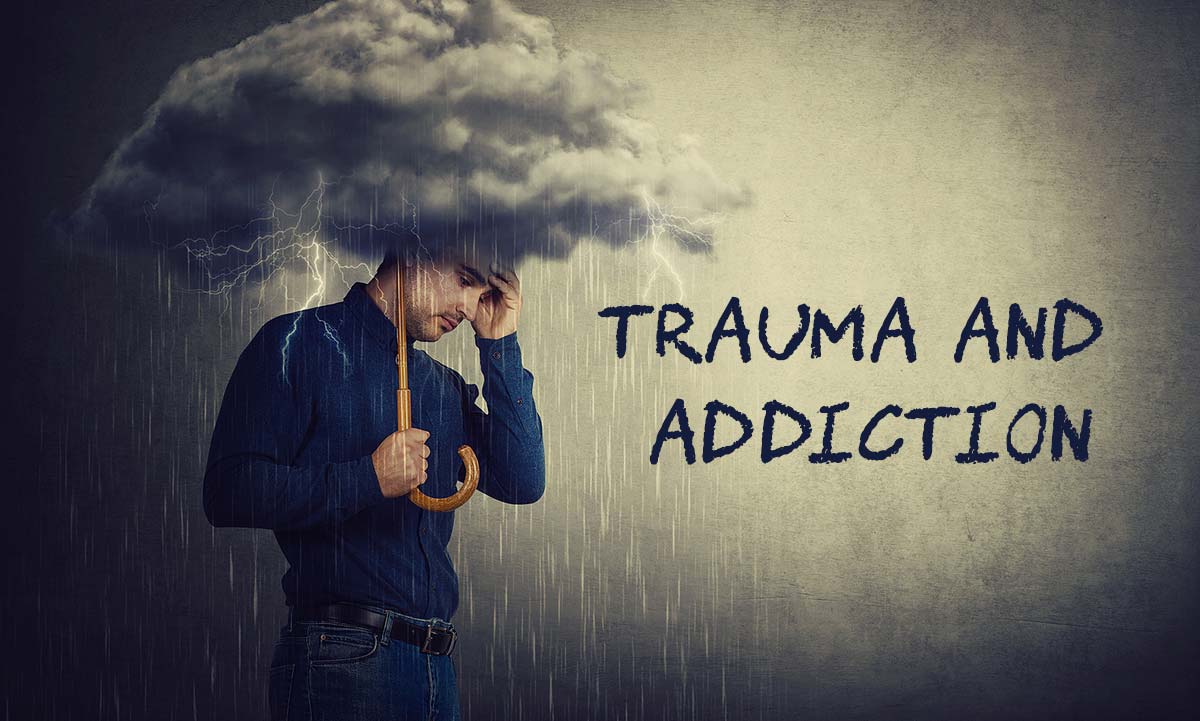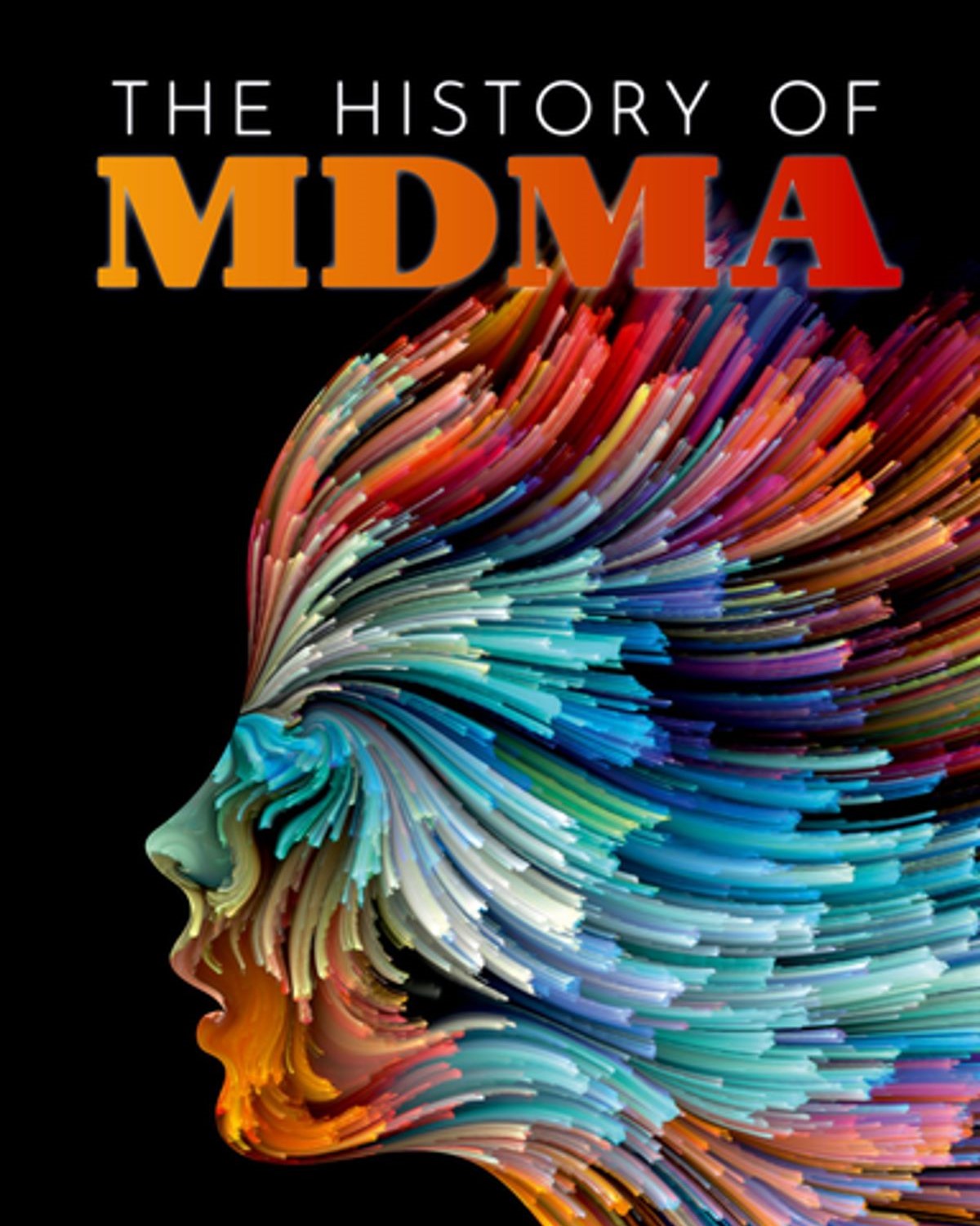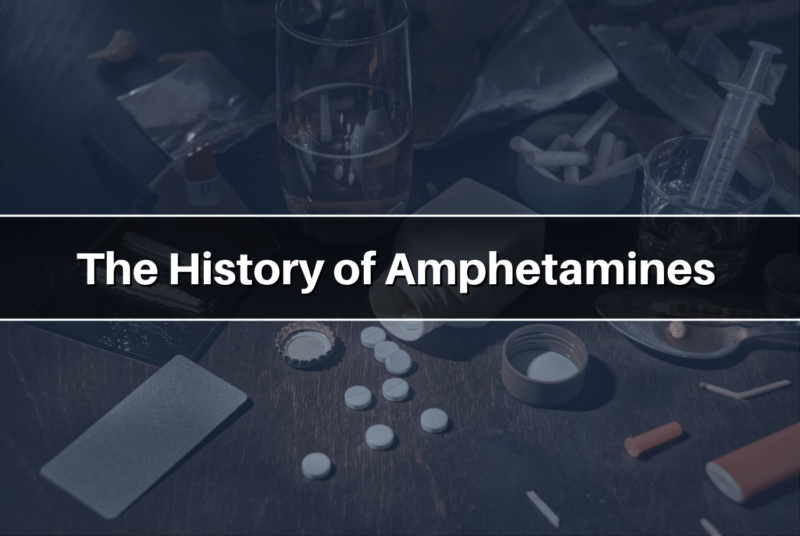Trauma and Addiction Connection
Addiction and trauma are closely linked. Many people use drugs or alcohol to cope with painful memories or emotions from abuse, loss, or other hardships. Recovery isn’t just about stopping substance use—it also involves addressing the underlying trauma, helping people heal, build resilience, and regain control over their lives. Recognizing this connection shifts the focus … Read more









